To Radio 2 to meet Bob Shennan, controller of the BBC’s most popular radio station (the station attracts one third of all listening hours) and now also head of the newish monolith that is BBC Music. Why corral all of the Corporation’s music output on radio and TV into one enormous sub-division (on a par with BBC News, BBC Drama and BBC Sport)? Isn’t this just another cost-cutting compromise, a way of saving money by smoothing out the BBC’s output (its first production was that weird mish-mash of God Only Knows by a constellation of stars)? How will specialist stations like Radio 3 and BBC4 survive if swallowed up in what is essentially a bureaucratic creative exercise, victims of corporate branding?
Shennan is, I suspect, a man you would not want to cross in an argument, but his passion for all things radio is mightily reassuring. He has, after all, masterminded the current Radio 2 surge to more than 15 million listeners, as well as ensuring not just the survival of 6 Music but also its astonishing audience increase to two million listeners (from 695,000 in 2010 when it was threatened with closure). His response to the current pro-phecies that there are bad times ahead for the BBC, given that the licence fee has to be renegotiated next year with a government that wants to present itself as a friend to taxpayers, is that it’s a bit of sabre-rattling but nothing really to worry about, provided that we as listeners stay loyal to the Corporation. Streamlining, making the same money go further, actually stimulates creativity.
As to the other threat from the rapid changes to the global market in music and broadcasting, from Amazon, Google, YouTube etc, with their multibillion funds and personalised playlists, Shennan has no doubt of the BBC’s superiority as a taste-maker. After all, he says, while his stations and Radio 1 make the hits, commercial radio merely plays them. Enough said.
Shennan, who was a founding creator of Radio 5 Live after learning his craft on commercial radio and sport, insists that what the BBC has that no amount of money can buy is the knowledge, experience and individuality of its presenters, and I would add its production values (plus that enormous archive). As David Byrne rather pompously claimed on his new Sunday afternoon show for 6 Music, ‘I am not an algorithm.’
Byrne doesn’t have the voice of Dylan; nor does he have Iggy Pop’s extraordinary ability to delve into the back story of where popular music came from. But he does have fascinating taste, and a musician’s authority. ‘My place,’ he told us on The David Byrne Radio Show, ‘is to make sure you hear something you like, and something that might surprise you, that you’ve never heard before, and things that don’t belong in the same category.’ This he did, taking us seamlessly from Curtis Mayfield (‘We the people who are darker than blue’) to the sound track of the film Planet of the Apes, followed by a version of the Goldfinger theme tune by the remarkable Petra Haden that sounded in places quite ape-like. Very odd, and quite compelling.
Another Shennan solution to shrinking budgets is to create seasons of programmes, and this weekend sees the start of a festival spurred by the anniversary of the meeting on 27 August 1965 of Elvis and the Beatles. Who would not wish to have been there, at the mansion in Bel Air where they all jammed for an afternoon? What did they talk about? Whose music did they play? Were John, Paul, George and Ringo intimidated? After all, he was the King and they were merely upstarts.
As Shennan explained, at last year’s big commissioning round in September several independent companies came up with ideas on how to mark the anniversary. He decided to splash his budget on one big drama, When Elvis Met the Beatles, written by Jeff Young (and produced by Eloise Whitmore and Dan Cocker), to be broadcast on Bank Holiday Monday. Very little is known about this seismic encounter in the history of popular music. It might have been a huge letdown, Elvis not taking much notice of the four lads from Liverpool and John, Paul, George and Ringo in turn being appalled to discover that their hero had feet of clay. Young’s drama hints at this and also at the potential rivalry between Brian Epstein, the Beatles’ manager, and Colonel Tom Parker, the ruthless operator who took over Elvis and controlled every aspect of his life.
The edginess is cleverly done, suggesting rather than stating quite what they all made of each other. Perhaps John did harp on about Elvis selling out by singing those dreadful songs on film? Maybe Ringo was the most sane, the most grown-up, the peacemaker? The music by Pete Storm as Elvis and members of the tribute band Imagine The Beatles did not have the resonance or kick of the originals but was an intriguing take on what might have been. This was tight writing and slick production, taking us beyond the encounter to what it might mean to be imprisoned by fame.
Got something to add? Join the discussion and comment below.
Get 10 issues for just $10
Subscribe to The Spectator Australia today for the next 10 magazine issues, plus full online access, for just $10.

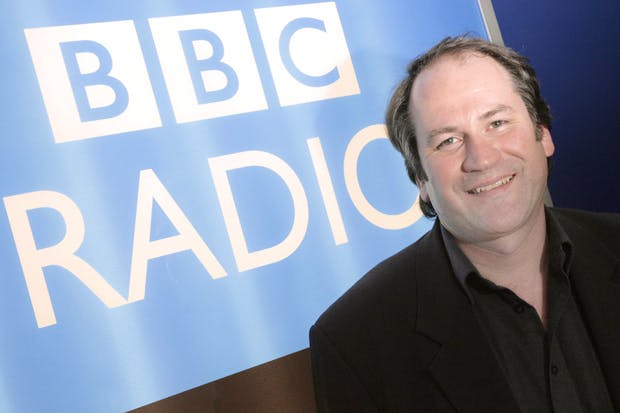
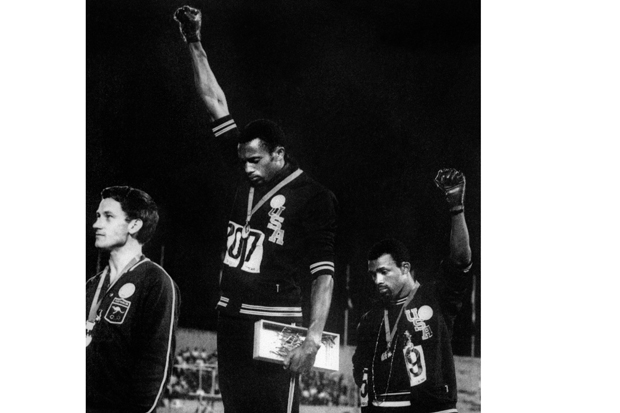
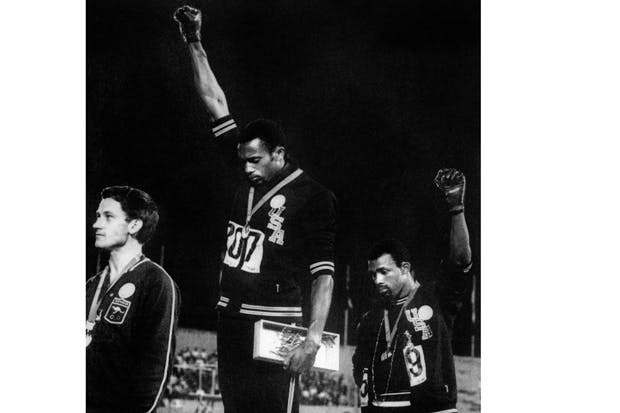
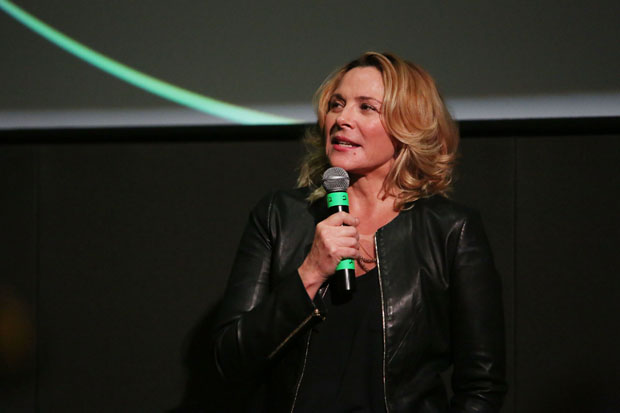
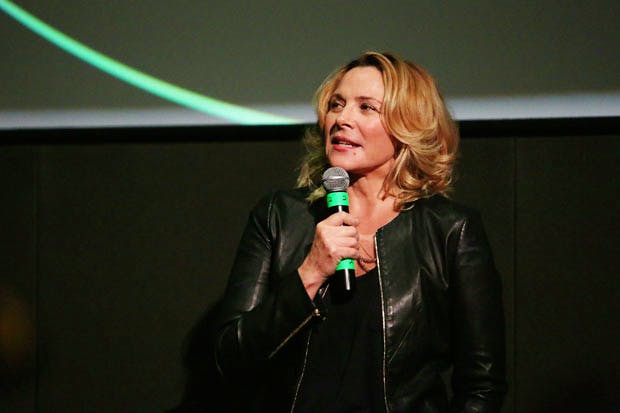






Comments
Don't miss out
Join the conversation with other Spectator Australia readers. Subscribe to leave a comment.
SUBSCRIBEAlready a subscriber? Log in